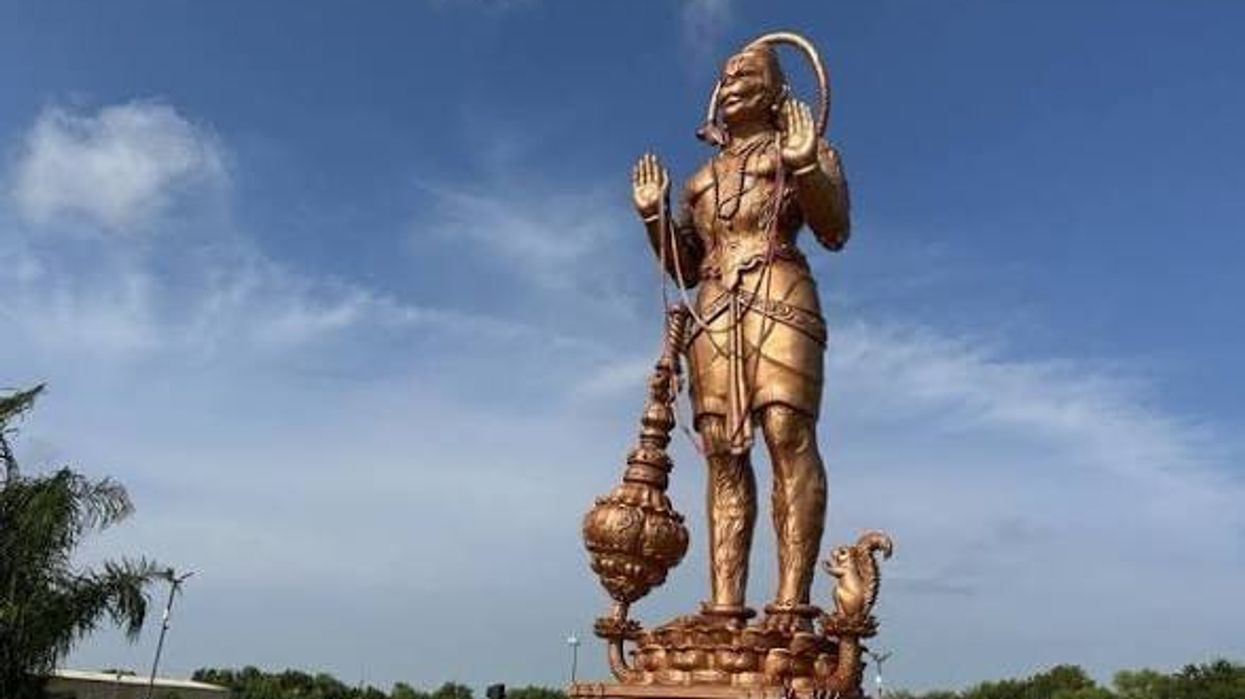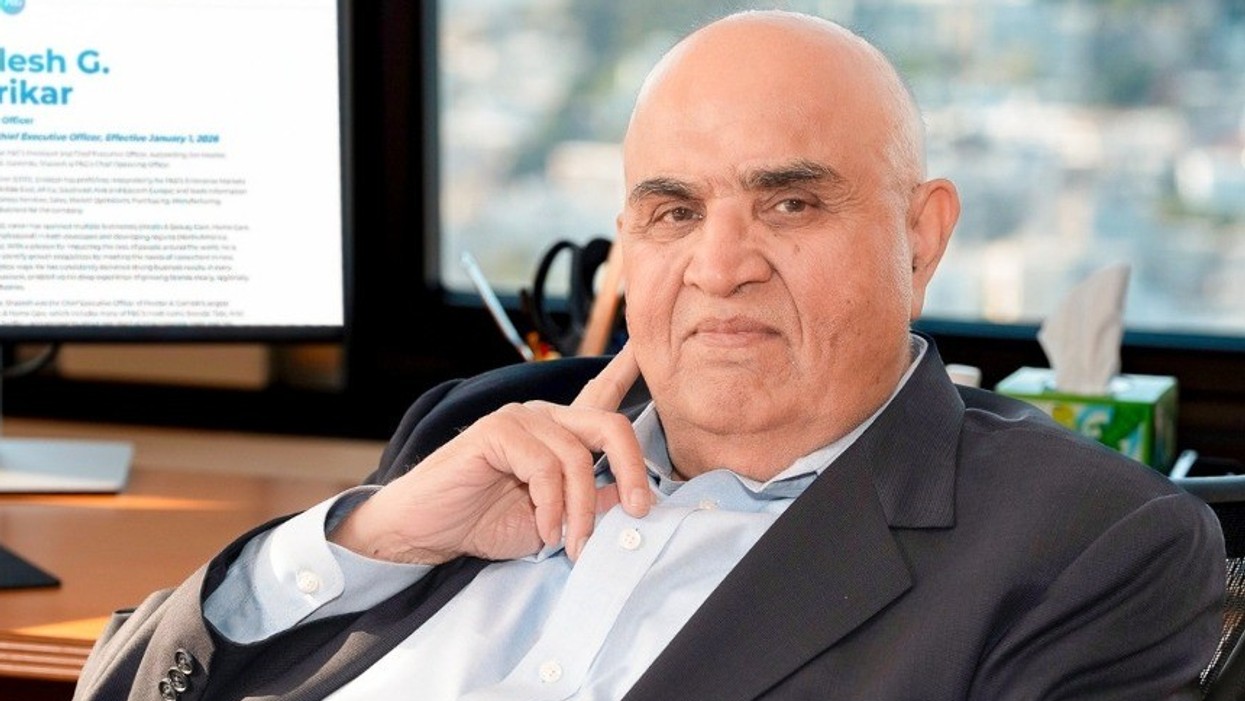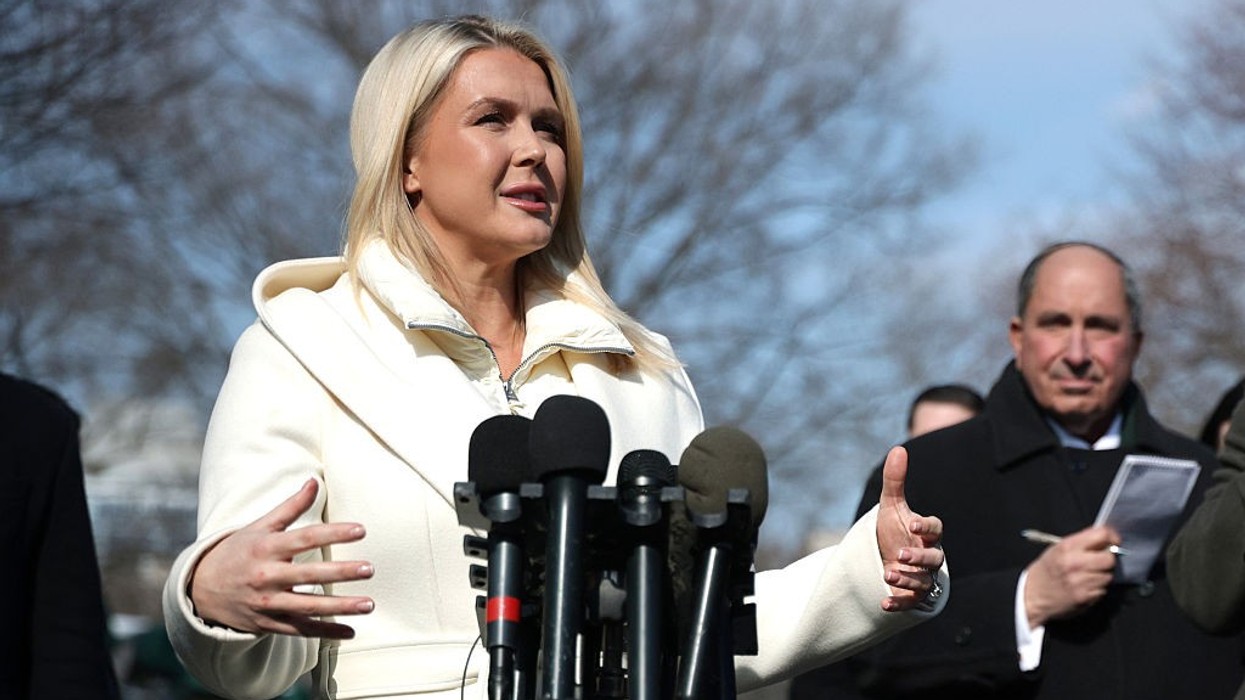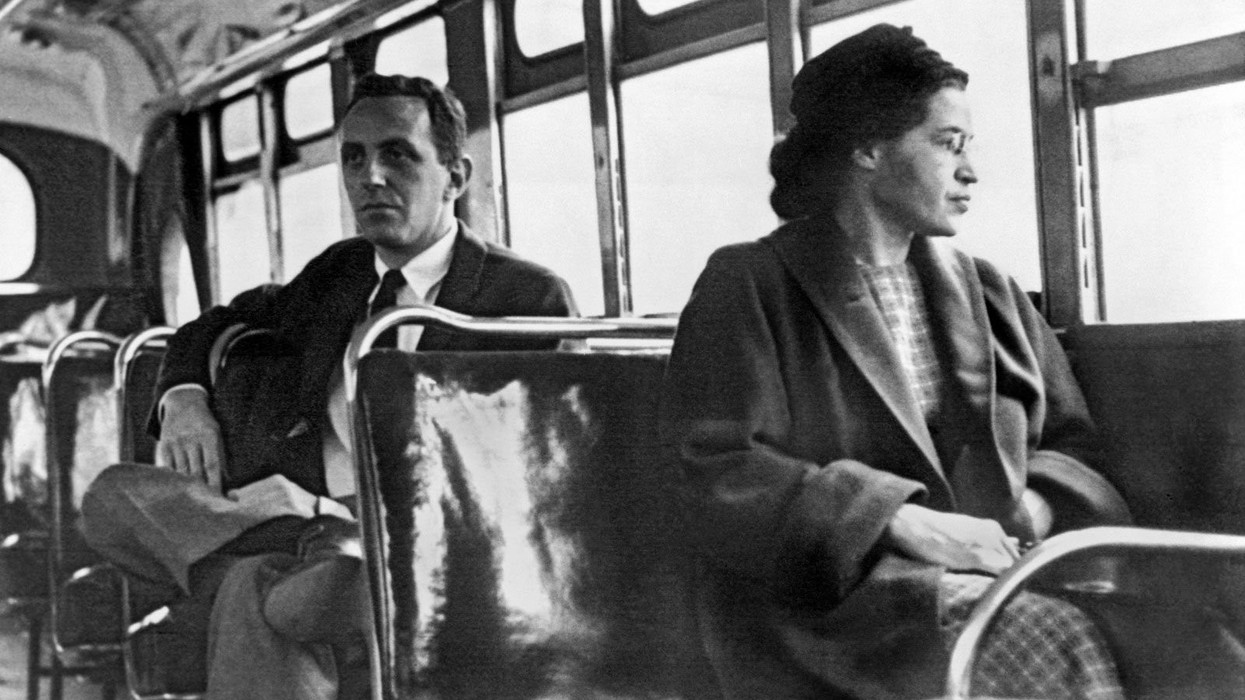Highlights:
- HAF criticizes Texas GOP Chair Abraham George for refusing to condemn anti-Hindu remarks.
- Controversy centers on comments calling a Hanuman statue and Hindu deities “false gods.”
- Abraham George defended the remarks on grounds of personal Christian faith.
- HAF argues the response violates principles of religious freedom and constitutional equality.
The incident coincides with the rising representation and voice of Hindu Americans in US politics. The Hindu American Foundation (HAF) has reignited controversy surrounding alleged anti-Hindu remarks within the Texas Republican Party after Indian-origin Texas GOP Chair Abraham George declined to condemn comments made by fellow party member Alexander Duncan regarding a massive Hanuman statue in Texas. The organization publicly called out George on X, asserting that his response to the incident was not only dismissive but also contrary to American constitutional values of religious freedom.
Abraham George, who was born in Kerala to a Christian family and migrated to the United States as a teenager, currently holds one of the most influential leadership roles in the Texas Republican Party. However, his heritage did not prevent criticism from HAF, which emphasized that religious bias cannot be justified under the Constitution. HAF described the failure to denounce the remarks as “un-American,” arguing that it signaled tolerance for religious discrimination.
The controversy began when Republican politician Alexander Duncan questioned why Texas was allowing a towering 90-foot-tall statue of Lord Hanuman, the tallest in North America, to be constructed at the Sri Ashtalakshmi Temple. Duncan labelled Hindu deities as “false gods” and suggested that the United States was meant to be a Christian nation. These comments, widely circulated on social media in late September, drew accusations of bigotry and intolerance.
When approached for a response, Abraham George stated that while Duncan did not have the endorsement of the Texas GOP, he personally agreed with the sentiment from a Christian standpoint. George said that as a follower of Christ, he believed “there is only one God,” adding that Christians “should be concerned about idols and false gods.” He acknowledged that his remarks might be viewed as politically incorrect but stated that he was unconcerned about potential backlash.
This statement triggered strong reactions from HAF, which asserted that such rhetoric undermines pluralism and fuels religious hostility. The organization pointed out that their call to the GOP was not about personal theological beliefs but about whether the state’s political leadership respected the country’s constitutional framework protecting religious diversity.
The debate arrives at a time when religious identity and cultural belonging are playing a heightened role in American political narratives. Recent elections saw notable wins for Indian-American and Hindu-origin candidates, including Zohran Mamdani in New York, highlighting the growing civic participation of Hindu Americans. Meanwhile, separate comments by US Vice President JD Vance about wishing his Hindu wife would convert to Christianity have likewise sparked wider conversation about cultural sensitivity within politics.
The Hindu American Foundation reiterated that the issue is not about offense taken, but about the responsibility leaders hold in promoting inclusion. They urged the Texas GOP to take clear action against discriminatory attitudes within its ranks. For many Hindu Americans, the incident reinforces the need for greater acknowledgment of their identity and contributions within the United States.















